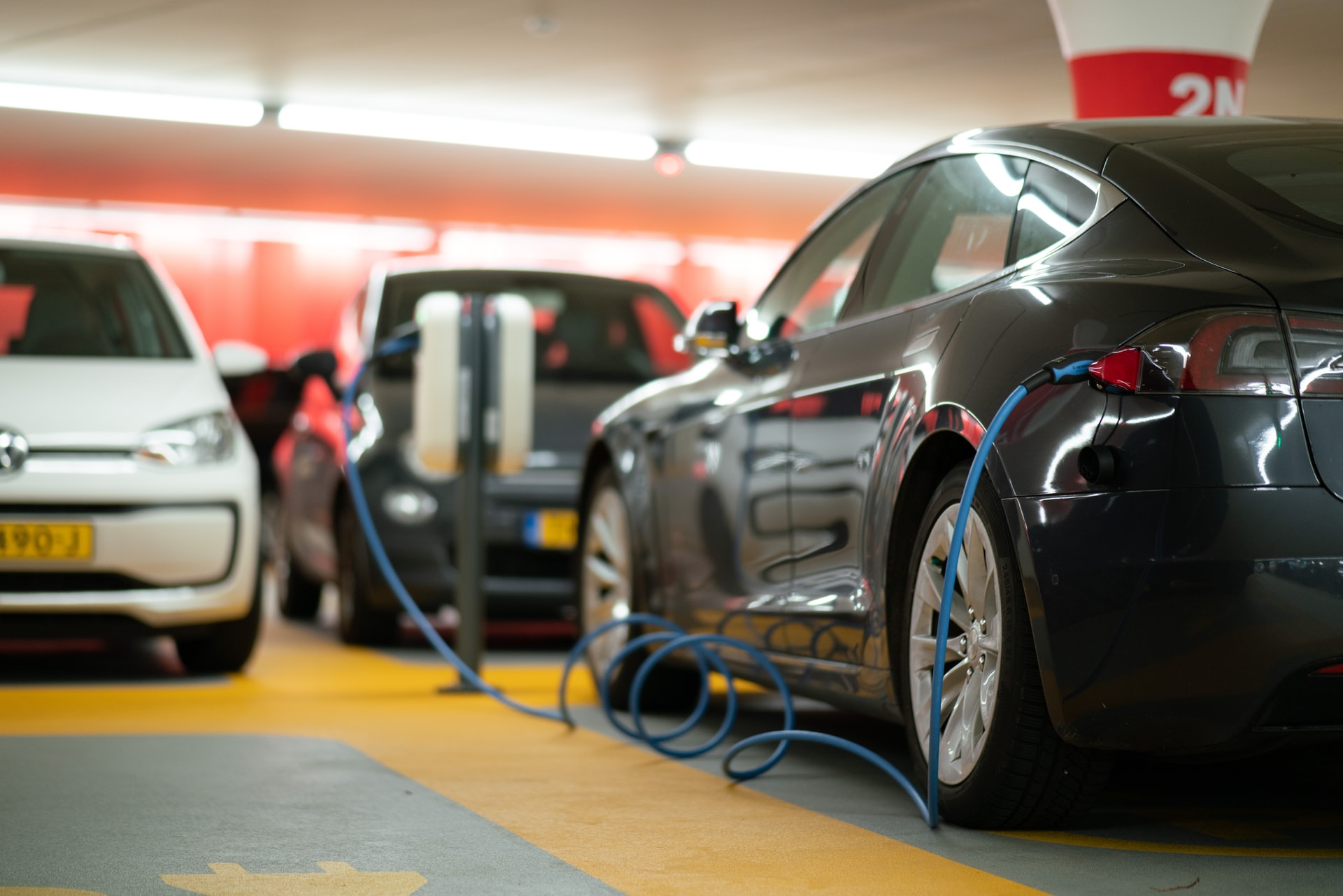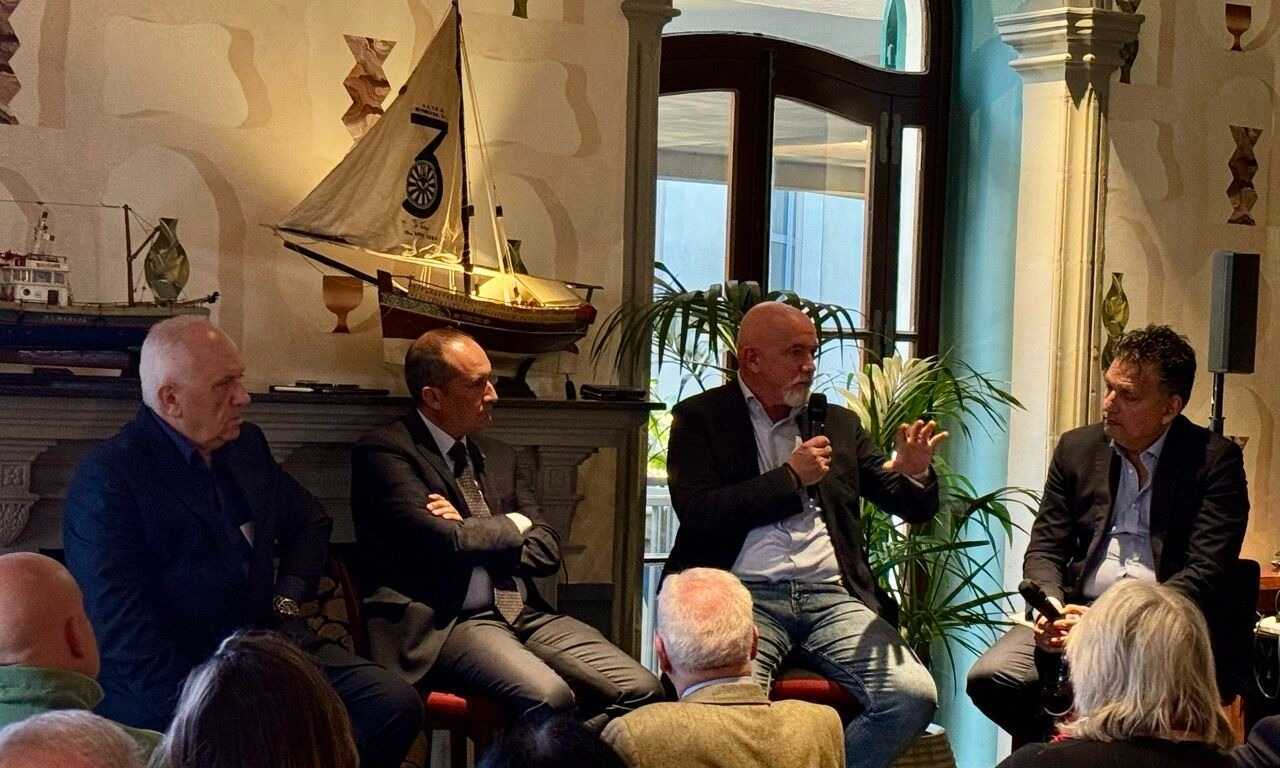Government is pushing ahead with its drive to switch to electricity as the main source of energy for Maltese vehicles, despite indications that this will be a tough nut to crack due to the many factors influencing the change.
The plan to reach Malta’s emissions targets by heavily promoting the adoption of electric vehicles did not have the best of starts, with a Government-commissioned report finding that the targets are “unattainable” without complementary measures.
The first target, due by 2030, is to have half the national fleet running on electricity, while by 2050 the intention was to get all ICE vehicles off Maltese roads. These targets feed into the country’s aim to bring emissions down to almost a fifth below 2005 levels by 2030.
The PwC report commissioned by Government found that none of these targets will be met, even in optimistic scenarios, unless complementary policies and measures are introduced.
BusinessNow.mt reached out to the Ministry for Energy, Environment and Enterprise to see what Government is doing to attain the seemingly unreachable targets.
A spokesperson for Minister Miriam Dalli first pointed out that over 4,000 EVs had been registered in the last two years alone, saying that this was due to “the Government’s commitment to incentivise the uptake of electric cars through a series of measures, such as grants”, while acknowledging that drivers’ interest in purchasing EVs is also growing as trust and confidence in this type of technology continues to build up.
However, with the number of registered vehicles in Malta being north of 400,000, the proportion of EVs remains miniscule.
One avenue for Government intervention is in the provision of charging infrastructure. The PwC report in fact notes that “some of the resistance currently affecting the demand and uptake of electric vehicles mainly stems from the lack of availability of EV charging infrastructure, especially relative to the wide availability and quick refuelling times gas stations offer for conventionally fuelled vehicles”.
It further says that investing in charging infrastructure may spur on more widespread adoption of EVs.
Since 2021, the Ministry has prioritised the increase in the availability of electric charging infrastructure, with the aim, it says, “of enacting vast networks of publicly accessible charging infrastructure”, in response to the plurality of voices highlighting the great lacuna in this regard.
“The amount of charging infrastructure in Malta more than tripled to 362 charging points in 70 localities,” the spokesperson said. “Having a system managed by a private operator, through which users can charge their car easily via an app, has also improved matters in this regard.”
The intention is to continue building on this momentum, with the Ministry saying that it intends to install a further 1,200 charging points all around the islands. Meanwhile, a public consultation for a National Policy and Regulation for Electric Vehicle Public Charging Infrastructure has been concluded and the feedback gathered and analysed, with the spokesperson saying that it would be ready to launch “soon”. The policy will open the market to private investment for public charging infrastructure accessible to the general public.
Such infrastructure requires a dependable energy supply, which the Ministry is also working on by building a second interconnector to Sicily and a €90 million six-year plan to to improve the electricity distribution network: “partly to improve the quality of service and partly to cater for new demands on the grid”.
People are also being encouraged to make the switch through the ability to make use of cheaper off-peak tariffs, so that charging occurs when the grid is lightly loaded. “This shall ensure maximisation of the use of the infrastructure in an optimal manner,” the Ministry spokesperson said, adding that other measures to incentivise the use of EVs are in the pipeline.
While imposing a cut-off date on its own is not enough, the Ministry is convinced that the “strong complementary measures and policies mentioned serve to encourage the transition”.
Cautious optimism across sectors: Business confidence rebounds in Q1 2025, says Central Bank
Confidence is creeping back into Malta’s business community
Government unveils new framework to establish ‘national one-stop-shop for startups’
Emerging companies will be able to access the necessary support, such as an enhanced share awards and stock option scheme
Aviation leaders warn EU and local policies are jeopardising Malta connectivity
An event hosted by the MBN in collaboration with the IBN explored the challenges facing the tourism industry






